The greatest block today in the way of woman's emancipation is the church, the canon law, the Bible and the priesthood
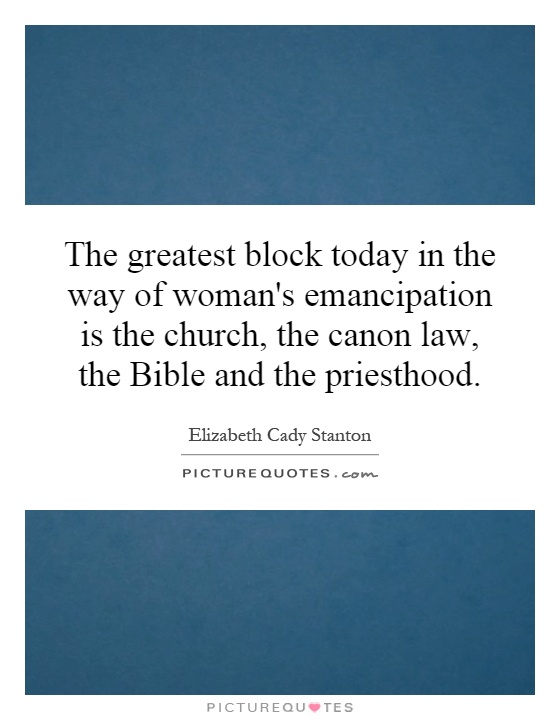
The greatest block today in the way of woman's emancipation is the church, the canon law, the Bible and the priesthood
Elizabeth Cady Stanton was a prominent figure in the women's rights movement in the United States during the 19th century. She was a staunch advocate for women's suffrage, and she believed that the greatest obstacles to women's emancipation were the church, the canon law, the Bible, and the priesthood.Stanton argued that these institutions were deeply entrenched in patriarchal beliefs and traditions that served to oppress women and limit their rights and freedoms. The church, with its hierarchical structure and male-dominated leadership, was seen as a powerful force that reinforced traditional gender roles and perpetuated the subjugation of women. The canon law, which was based on religious teachings and principles, often discriminated against women and denied them equal rights and opportunities.
Stanton also criticized the Bible, which she believed was used to justify the subordination of women and uphold the status quo. She pointed to passages in the Bible that were used to justify the inferiority of women and their exclusion from positions of power and authority. Stanton argued that these interpretations of the Bible were not only outdated but also harmful to women's progress and well-being.
Furthermore, Stanton took issue with the priesthood, which was exclusively reserved for men in many religious traditions. She believed that the exclusion of women from the priesthood was a form of discrimination that reinforced the idea that women were inherently inferior to men. Stanton argued that women should have the right to participate in religious leadership and decision-making processes, just as men did.
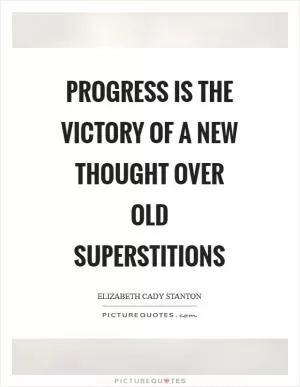

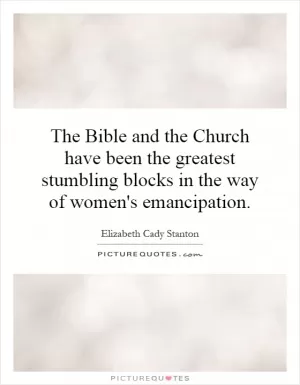
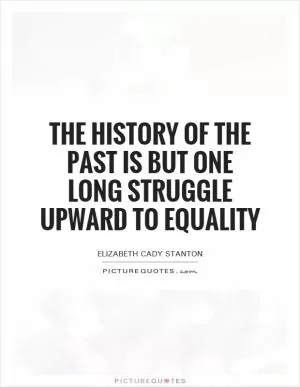
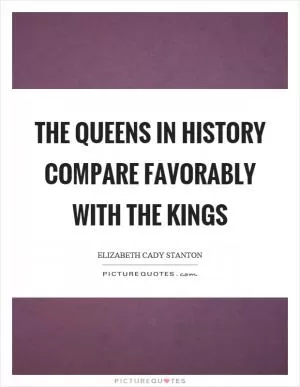
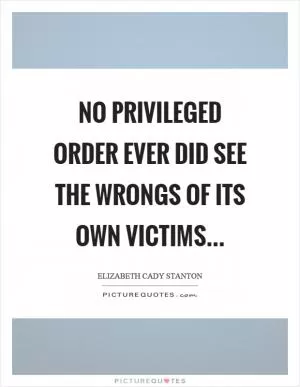

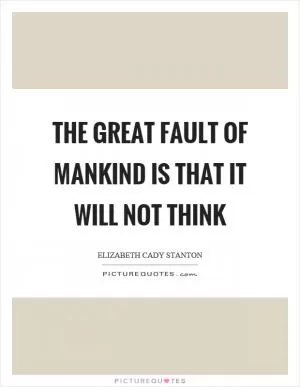
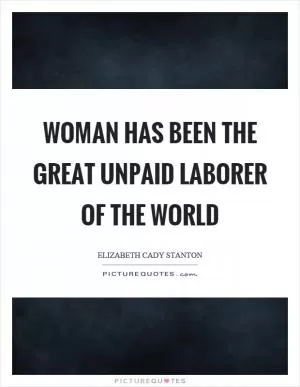
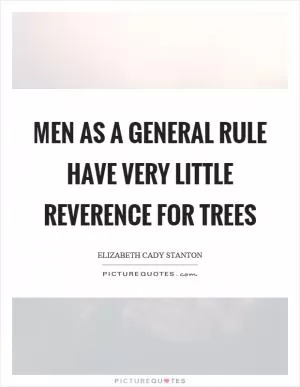
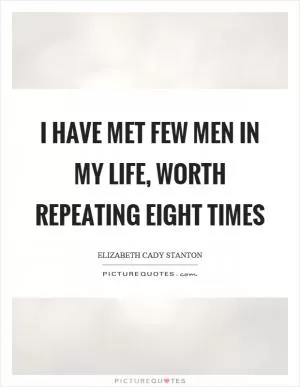
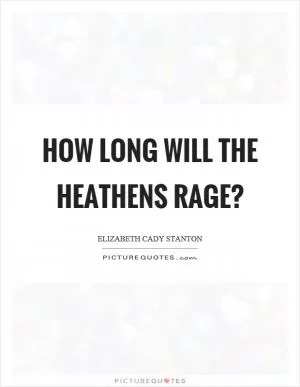
 Friendship Quotes
Friendship Quotes Love Quotes
Love Quotes Life Quotes
Life Quotes Funny Quotes
Funny Quotes Motivational Quotes
Motivational Quotes Inspirational Quotes
Inspirational Quotes